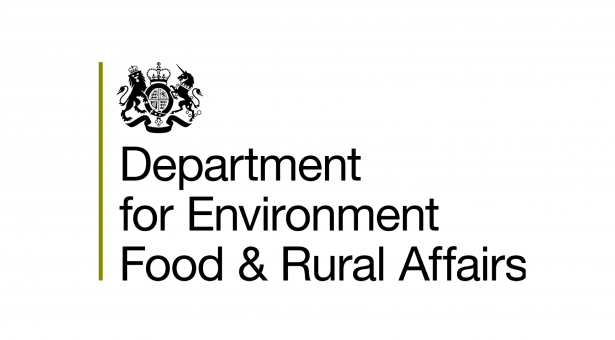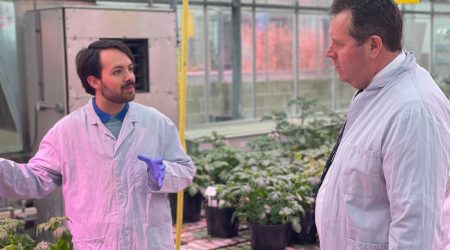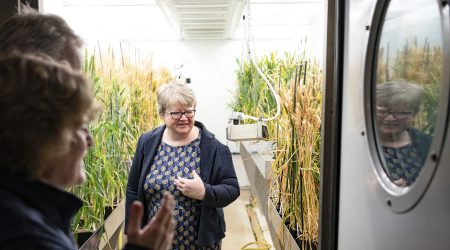Defra’s Precision Breeding (Gene Editing) Bill progresses to House of Lords

The John Innes Centre is pleased to see continued progress of the Government’s Precision Breeding (Gene Editing) Bill in parliament this week. The Bill progressed through its third reading in the House of Commons and into the House of Lords for debate.
The Bill aims to update the regulation of precision bred organisms in England and seeks to enable the use of these powerful technologies to tackle the pressing issues of food security and climate change.
We believe that the use of precision breeding technologies, including gene editing, should be managed through a proportionate and science-based regulatory system ensuring that we can develop more resilient, healthier, and higher yielding crops.
The Genetic Technology (Precision Breeding) Bill is highly relevant to the science of the John Innes Centre and will allow us to continue working closely with farmers and food producers to deliver innovative improvements to crops benefitting our health and the environment.
Director of the John Innes Centre, Professor Graham Moore said: “We welcome the development of this legislation and the science-led approaches to enable its delivery. Our scientists use gene editing to improve the crops we eat every day, including wheat, cabbage, tomatoes and pea. The new legislation will allow us to help UK farmers grow higher yielding, more resilient crops, and provide consumers with food that is healthier for them and the environment.”
Under this new legislation, plants produced using precision breeding technologies will be monitored through two notification systems; one for precision bred organisms used for research purposes, and the other for marketing purposes.
Researchers here at the John Innes Centre are working on understanding and developing wheat that is resilient to climate change. Using gene editing techniques, the research team identified a key gene in wheat that can be used to introduce traits such as heat resilience whilst maintaining high yield. This discovery presents an exciting opportunity to identify variations of the gene that can give wheat varieties resilience to climate change.
Professor Moore continues “We must use technologies such as gene editing if we are to meaningfully tackle the complex challenges of climate change, food security and disease. The Precision Breeding Bill will allow our scientists to work more closely with food producers to address these complex issues, and at the same time capitalise on the UK’s world-leading research expertise in these areas.
“I look forward to continuing to work with Defra in delivering against the Bill and in making the most of this opportunity to deliver real impact from our research into plant and microbial sciences.”
Read more about the Precision Breeding Bill on the Defra Website


